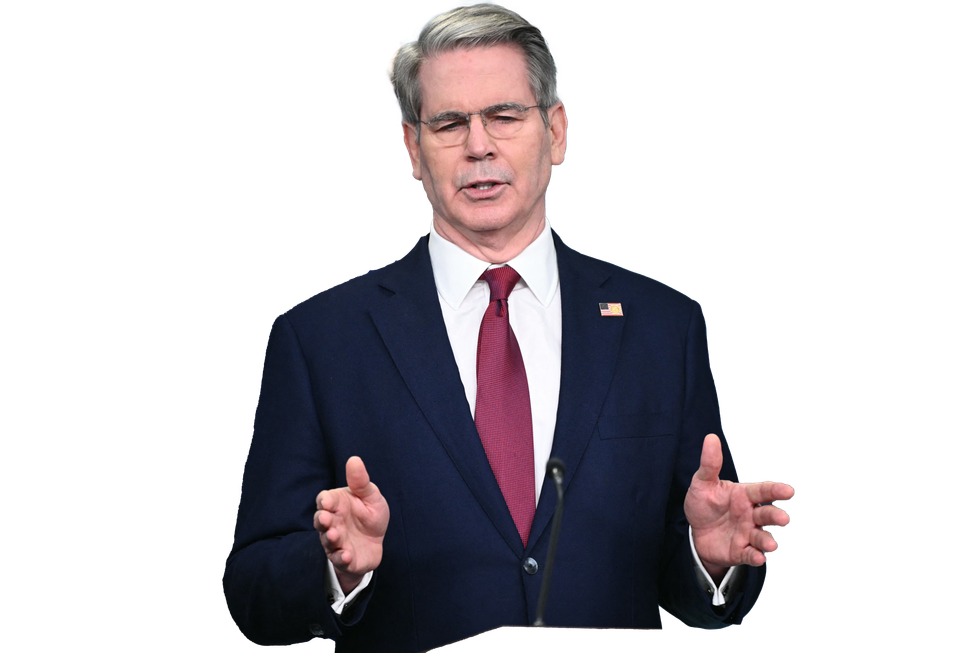NEW DELHI is prepared to include a sweetener in trade talks with Washington that would “future-proof” a deal by ensuring no other trade partners could have superior terms, as it pushes for a quick agreement with the administration of US president Donald Trump, Indian government officials said.
The “forward most-favoured-nation” clause, rarely granted by India in previous trade negotiations, would automatically apply to the US as any more-favourable tariff arrangements that might be agreed with other countries, two officials with direct knowledge of the matter told Reuters.
“This clause, in a sense, future-proofs the US deal and is the only way to do so,” one of the officials said.
The officials declined to be identified because of the private and sensitive nature of the negotiations.
India’s trade ministry, which is leading talks, did not respond to an e-mailed request for comment.
New Delhi has already made a number of offers and pre-emptive concessions to the US on trade, showing itself more eager than several other big US trading partners including China, Canada and the European Union.
US treasury secretary Scott Bessent said on Monday (28) that India could be one of the first to sign a trade deal with the US, possibly as soon as this week or next, although he gave no further details. Statements from the Trump administration have said the two sides already agreed on a roadmap for trade discussions.
India would be keen to avoid or at least lighten Trump’s proposed 26 per cent reciprocal tariff and other restrictions on India, said Ajay Srivastava, founder of Global Trade Research Initiative, a Delhi-based trade policy think tank, and a former trade negotiator.
Trump’s team has said it wants to sign deals with India and other trading partners before a 90-day pause on the proposed reciprocal tariffs lapses in July, although some analysts and former officials say it will face steep challenges.
India is willing to offer the US a significantly better deal than what it may offer to Britain or the European Union, said the second government official familiar with trade discussions.

New Delhi would, however, need assurances that it could become a major supplier to the US market in areas vacated by the Chinese, the official added.
In talks earlier this year on an India-EU free trade agreement, the EU made a request for forward most-favoured nation status similar to what is now planned for the US, but New Delhi has not yet committed one way or the other, a third government official aware of the talks said.
India has rarely offered such status in previous negotiations, the first official said. According to Srivastava, India offered a narrowly construed version for Australian wines under the India-Australia bilateral trade agreement concluded in 2022.
After weeks of talks with the US, the Indian government has shown it is willing to offer more and to include politically sensitive sectors such as agriculture. India said its chief negotiator last week met US trade officials in Washington and made progress towards the first tranche of an agreement.
Out of 24 categories of goods traded between the two countries, 19 have been selected for fast-track discussions, a fourth government official said. The remaining five categories, mainly contentious farm products such as soybeans and corn, as well as military equipment, could be discussed in a second phase of talks.
India has proposed reducing duties to zero per cent to five per cent on US frozen meat and a variety of agricultural products, including fish, poultry and a number of fruits and juices, the official said. Those products are currently assessed at 30 per cent to 100 per cent.
“India is in a position to offer tariff concessions on nearly 90 per cent of tariff lines immediately out of about 12,000 tariff lines,” said the official, who like the others asked not to be named.
“Tariff concessions on remaining items could be offered in a phased manner,” he said.
In return, New Delhi has asked for favourable tariff treatment for labour-intensive sectors such as textiles, toys, leather goods, furniture, gems and jewellery, and automotive components, the official said.
New Delhi has also sought a long-term commitment from Washington on preferential treatment for pharmaceuticals and engineering goods such as industrial equipment and components, aiming to become a trusted partner in the supply chains of major US companies. (Reuters)




















